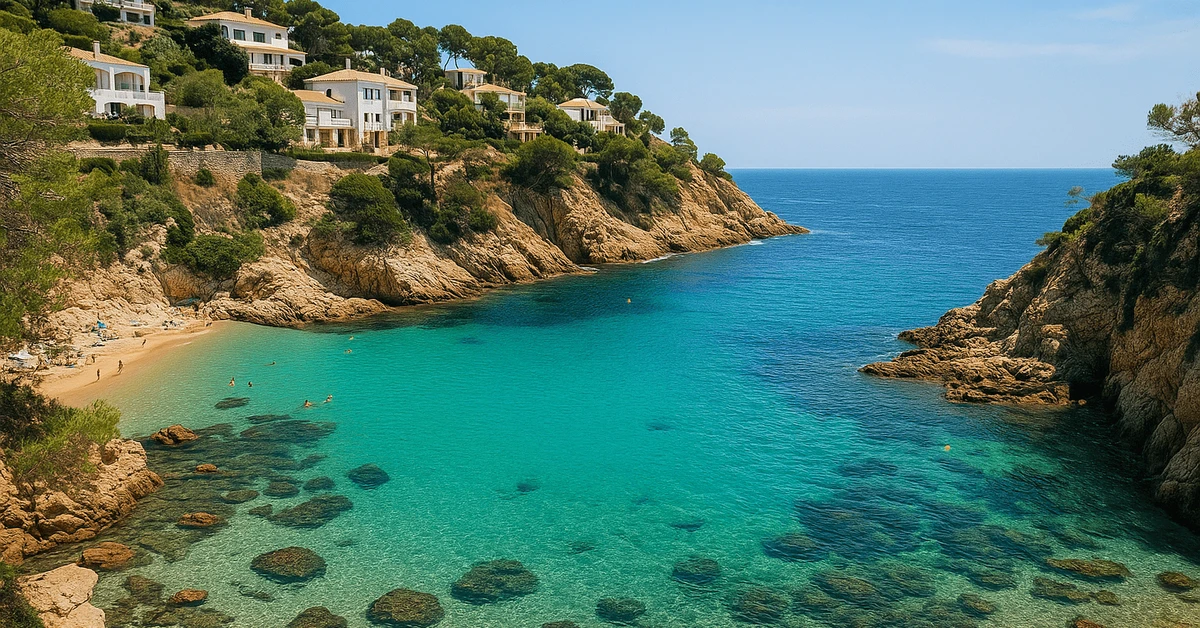Moving to Spain - nuances and advice


Introduction
Moving to Spain is an exciting adventure that attracts thousands of French speakers every year. Whether it's to take advantage of the Mediterranean climate and quality of life, or for professional or family reasons, Spain's charm and opportunities make it an attractive destination. But a successful move requires a thorough understanding of the country's cultural, tax and administrative nuances.
Here's a comprehensive guide to help you prepare for your move to Spain with peace of mind.
1. Prepare your project in advance
Before you pack your bags, it's essential to clearly define your objectives:
- Do you want to settle here temporarily or permanently?
- Are you looking for a local job or do you intend to telework?
- Is this a retirement project or a project for a family with children?
These choices will have a direct influence on the steps you take: obtaining an NIE, choosing accommodation, health cover, tax.
2. Administrative procedures
2.1. The NIE (Número de Identificación de Extranjero)
This is the key document for any move to Spain. It is essential for:
- Buying or renting accommodation
- Opening a bank account
- Working legally
- Paying tax
2.2. Registering with the local council (empadronamiento)
This registration is compulsory in your municipality of residence and facilitates access to many public services, such as education and health.
2.3. Health insurance
Residents of Spain can benefit from the public system, but a private mutual insurance company is often recommended to reduce delays and gain access to more specialists.
3. Finding suitable accommodation
The Spanish property market varies greatly from region to region:
- Major cities such as Madrid and Barcelona offer a wide choice of properties, but at high prices.
- Coastal areas such as Alicante, Valencia and Malaga attract retirees and expatriates in search of sunshine.
- Rural and inland areas are still affordable, but less dynamic.
👉 Tip: opt for a temporary rental at the outset, to give yourself time to discover the ideal area before making a final purchase.
4. Taxation and budget
Moving to Spain means understanding the local tax system:
- Income tax if you become a tax resident
- Property tax (IBI) if you buy a property
- Tax on retirement and foreign income
The cost of living is generally lower than in France, but varies from region to region. Food, transport and leisure are more affordable, while some services such as electricity remain expensive.
5. Cultural integration
Moving house isn't just about changing home, it's also about adopting a new culture. Here are a few key points to bear in mind:
- Spanish working hours are different, with later meals and a different pace of life.
- Conviviality and closeness are at the heart of social relations.
- Language: speaking Spanish (or at least learning it) will make your integration much easier.
6. Practical advice for a successful move
- Plan a transitional budget to cover the first few months (rent, security deposit, transport).
- Get help from property and tax experts to avoid the pitfalls.
- Take the time to explore different regions before settling down for good.
- Anticipate banking and administrative formalities as soon as you arrive in France.
Conclusion
Moving to Spain is a unique opportunity to enjoy a lifestyle that is the envy of the world. But this project must be anticipated and structured to avoid unpleasant surprises. By taking into account the administrative, tax and cultural aspects, and by enlisting the help of professionals, you can turn your move into a successful and rewarding experience.
On the same topic:
FAQ - moving to Spain in 2025
All the answers for moving to Spain in 2025






